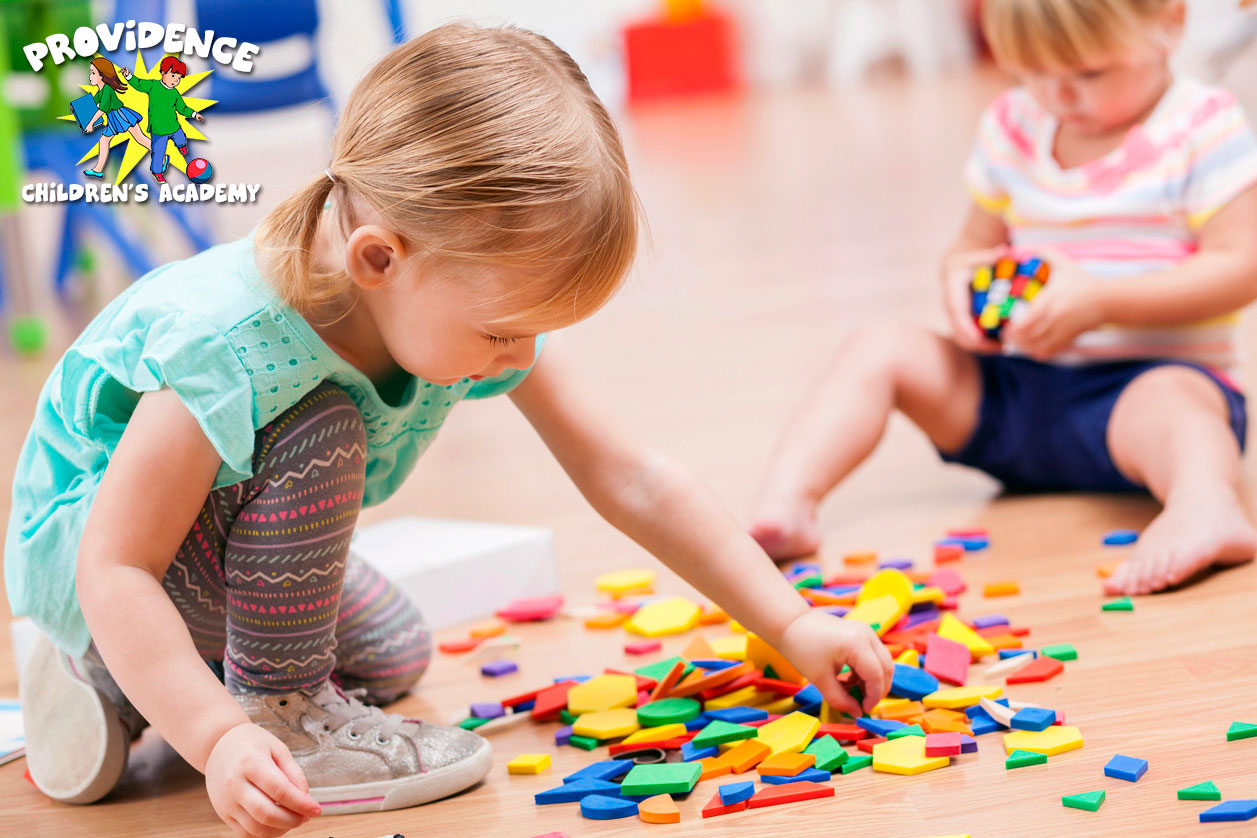
You may be asking why play is deemed just as important as work? The fact is, play might even be more important than work. The importance of play has been drastically overlooked in recent years and replaced by greater academic demands, driven by our achievement-obsessed culture in the United States. As politicians, school administrators and even parents push for more formal academics at younger and younger stages in schooling, we’re seeing hands-on learning and the importance of play being devalued and swept under the rug. The public is demanding extra academia and ‘less important’ play time for their children, reasoning that the more structured lessons are, the more their children will learn.
The importance of play time has been greatly underestimated. Many studies now suggest the best possible way to prepare your kids for adult learning is simple: let them be kids by letting them play.
The Importance Of Play In Preschools – What Can It Provide?
It is important for children to exercise their own curiosity and become individuals by seeking out what interests them. Play based preschools are more likely to encourage creativity and language skills in children than academic ones. Beside this, through play children will have greater health benefits. We live in an age where technology is everywhere you go. A greater percentage of children now would rather play with gadgets than going outside, and this can have a negative impact on their health. By playing outside, children develop fine motor skills and all-round fitness, not to mention vitally important hand to eye coordination. An understanding of the importance of play is needed more than ever in this new age.
Researchers in early childhood development have written many articles on the importance of play time, arguing that it is developmentally appropriate because young children discover best through their senses. These they use to explore and learn through their curiosity of the world around them.
The Importance Of Play – What Is The Research Telling Us?
The National Association for the Education of Young Children (NAEYC) says a quality pre-school education is one in which “children are given opportunities to learn and develop through exploration and play… materials and equipment spark children’s interest and encourage them to experiment and learn.”
So, free or unstructured play is important. Top early childhood educators around the world all support the important truth that play time is paramount for development in all aspects of a young person’s life. Most of today’s pre-schoolers are spending their critical early-learning years in environments that ignore or misunderstand their needs – and here’s what the research says about the importance of play in a learning environment:
- Play is the context in which children can most optimally learn new skills.
- Pushing too much academia can cause your child to lose interest and motivation in learning.
- Children who are enrolled in overly academic programs tend to have more behavioural problems, such as ADHD, than those that were in play-based preschools.
- Though children who attend academic-based preschools usually score higher than their peers on standardized tests in kindergarten, the gap is closed by the end of first grade. So, the academic-based preschool has essentially had no effect.
- Some experts now claim that one of the greatest predictors of life-long success is a child’s ability to control impulses (self-regulation), which is learned in social environments, and these social environments are found in play-based programs.
The Advantages Of Play Time
- It develops key social skills at a critical age.
- It increases cognitive ability.
- Interesting and unique problem-solving opportunities arise.
- Children learn to deal with and cope with emotions.
- They really learn about the world around them.
- Many health benefits – both to mind and body.
- Children can make friends by interacting and playing with other children.
All we can say is put away the books for now. That will all come later – for now, let them have fun. Let them play.
